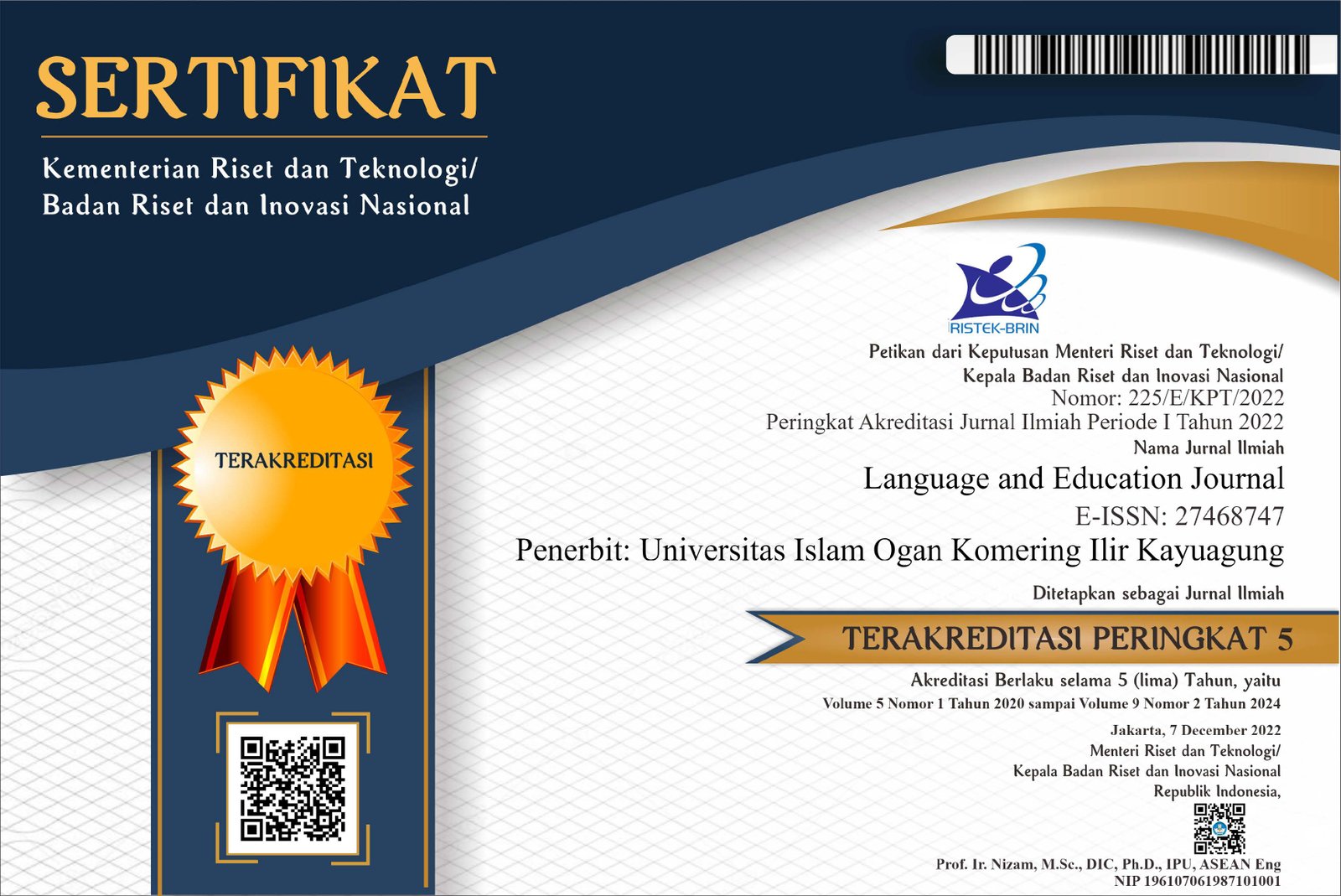STUDENTS’ PERCEPTION AND ANXIETY IN ONLINE LEARNING TOWARD TECHNOLOGY ADAPTATION
DOI:
https://doi.org/10.52237/rv894k35Keywords:
online learning, students’ perception, students’ anxiety, technology adaptationAbstract
This study investigated students’ perceptions and anxiety concerning online learning and technology adaptation among 20 fourth-semester accounting students at Universitas Bhayangkara Jakarta Raya. Using a descriptive qualitative method, data were collected through questionnaires and interviews and analyzed with Likert scales and transcription analysis. The findings revealed that many students experienced concerns and anxiety during online learning. They needed more motivation for sessions conducted via Google Meet and Google Classroom, though the materials provided were often communicative. While students found it relatively easy to access supplementary materials, they perceived online learning as disorganized and struggled with flexibility in communication with lecturers due to their anxiety. Technical challenges, such as internet connectivity issues and limited data quotas, frequently distracted students and reduced their focus. These disruptions disrupted their perception of online learning, resulting in a lack of engagement and learning fatigue. Despite these challenges, students adopted technology and realized the importance of technology in their education. However, most participants felt offline learning was still more effective and engaging. Additionally, technical tasks must be considered more closely, and online education methods should be optimized more effectively to increase students’ interest and decrease stress levels. Despite its challenges, students showed a willingness to embrace technology for learning. These findings suggest that it is critical to find new ways of making online learning spaces less organized, meaningfully engaging, and more facilitative of the personal adjustments and coping needed by learners.









